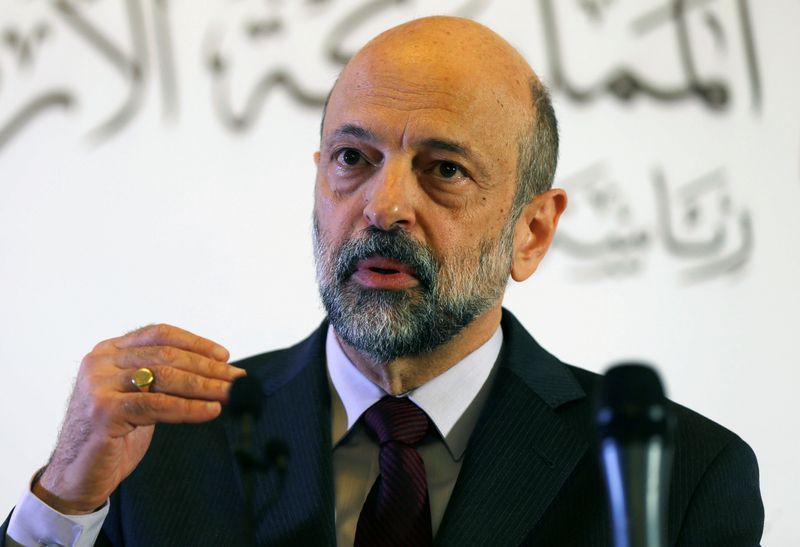Al Jazeera – Jordan’s King Abdullah II has accepted the resignation of Prime Minister Omar al-Razzaz but asked him to stay on in a caretaker capacity until he designates a successor to oversee parliamentary elections in November, according to local media.
The monarch dissolved Parliament last Sunday at the end of its four-year term, in a move that under constitutional rules meant the government had to resign within a week.
“As I accept your resignation, I instruct you and the government to continue working until a prime minister is chosen and the new government is formed,” the king was quoted as saying by the al-Ghad news outlet in a statement, stressing “the need to work with vigour, determination and perseverance during this period because of the coronavirus pandemic”.
“Dealing with the virus means taking continuous action and making decisions [regarding it] without delay.”
To date, the country has registered 14,479 coronavirus cases and 88 related deaths, according to data compiled by Johns Hopkins University. In recent weeks, the government has been widely criticised for failing to contain a surge in the number of COVID-19 infections.
King Abdullah appointed al-Razzaz prime minister in the summer of 2018 to defuse the biggest protests in years against tax increases sought by the International Monetary Fund to reduce Jordan’s large public debt.
Observers say a wider shake-up and a new assembly after the November 10 vote could help ease popular disenchantment about economic hardships worsened by the impact of COVID-19 and limits on civil and political freedoms under emergency laws.
Jordan’s economy is expected to shrink by 6 percent in 2010 as it tackles its worst economic crisis in many years, with unemployment and poverty aggravated by the pandemic.
Jordan, which is hosting more than 650,000 Syrian refugees, remains heavily reliant on foreign aid.
Historically, prime ministers have been appointed for as little as one month or as long as three years, mainly to enact specific laws or resolve domestic or regional crises, after which they were dismissed.






